How do we do it?
In Learning Teaching ,
We Teach Learn .

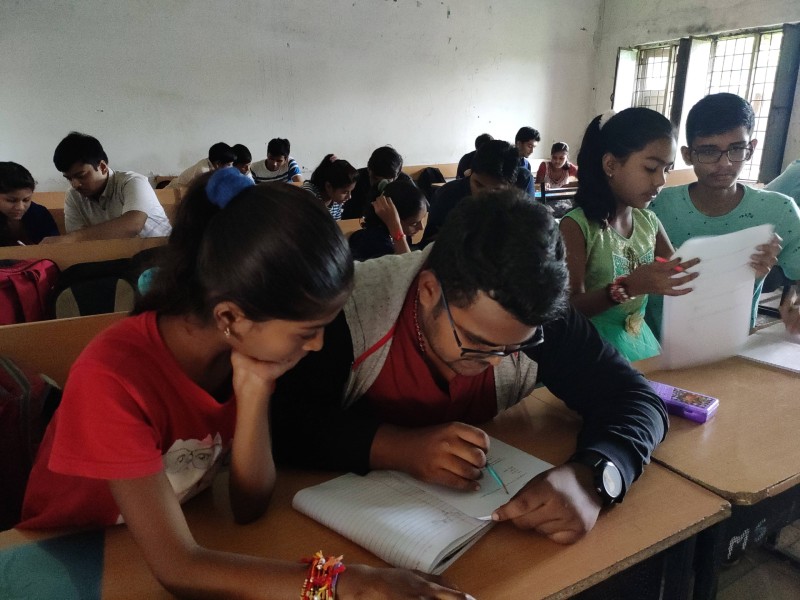
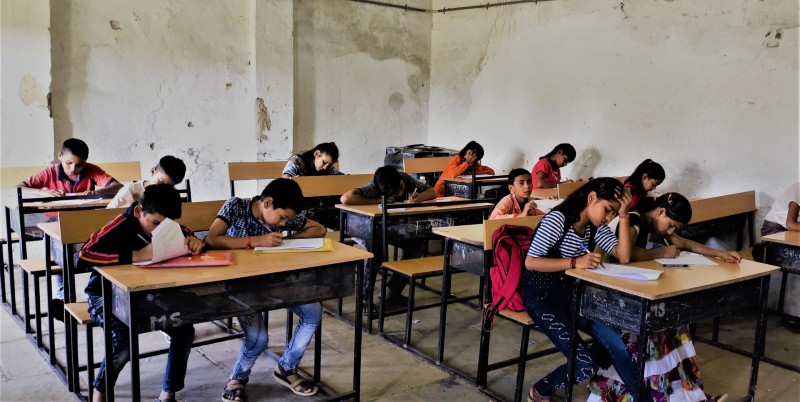
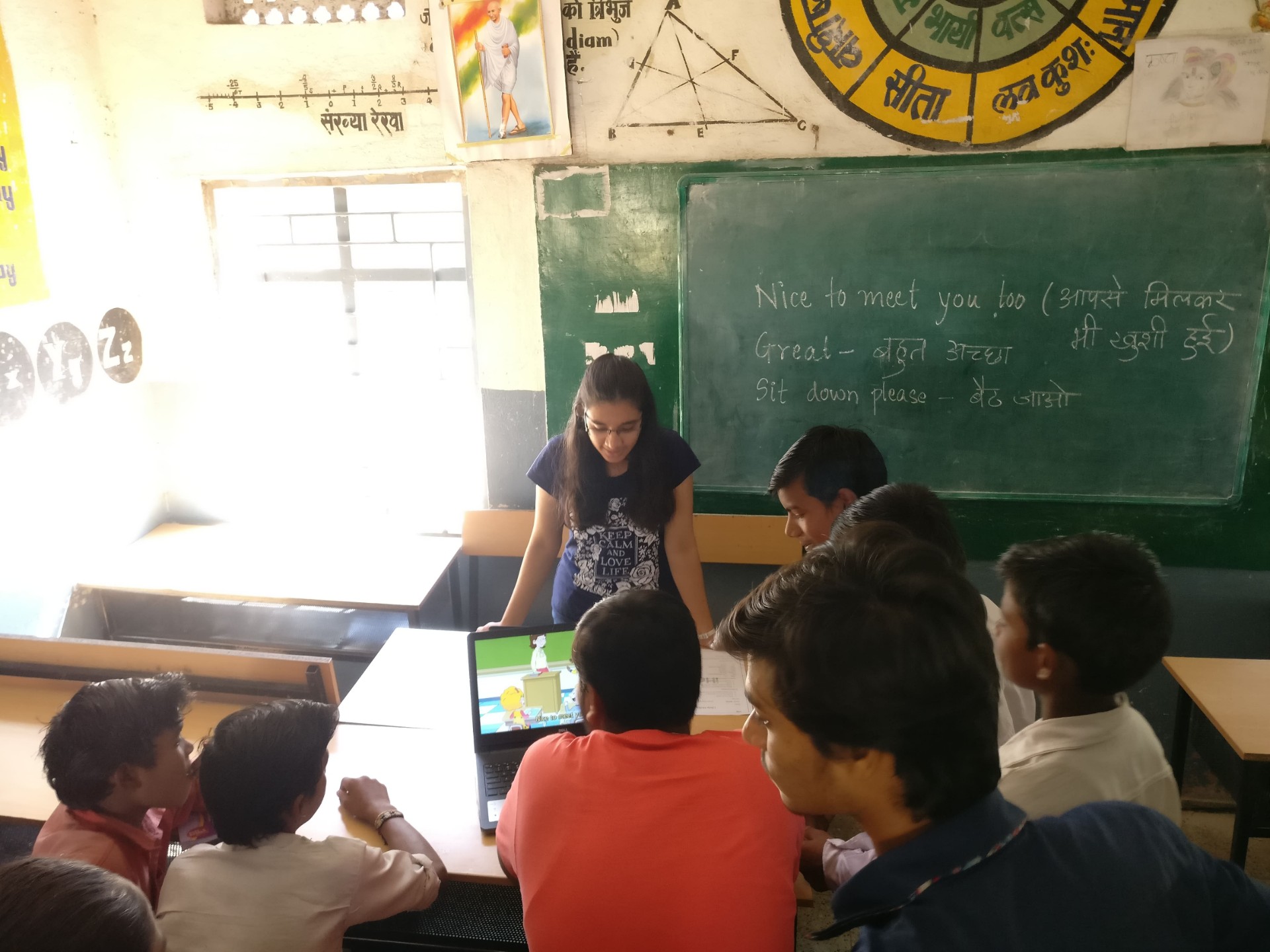
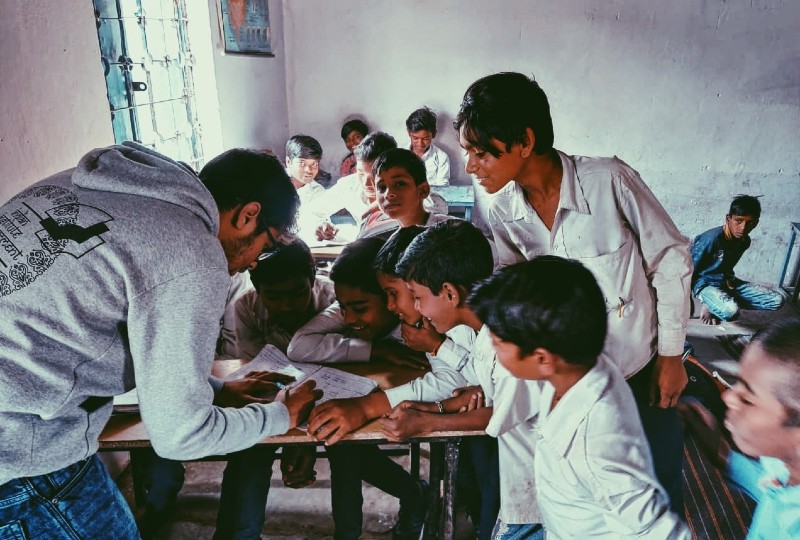
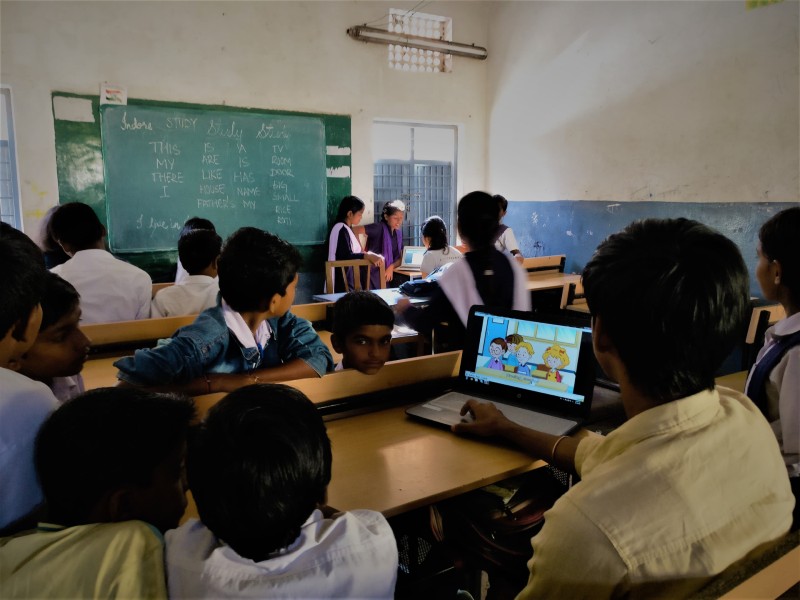
Initiatives
Constantly improving is the normal for us
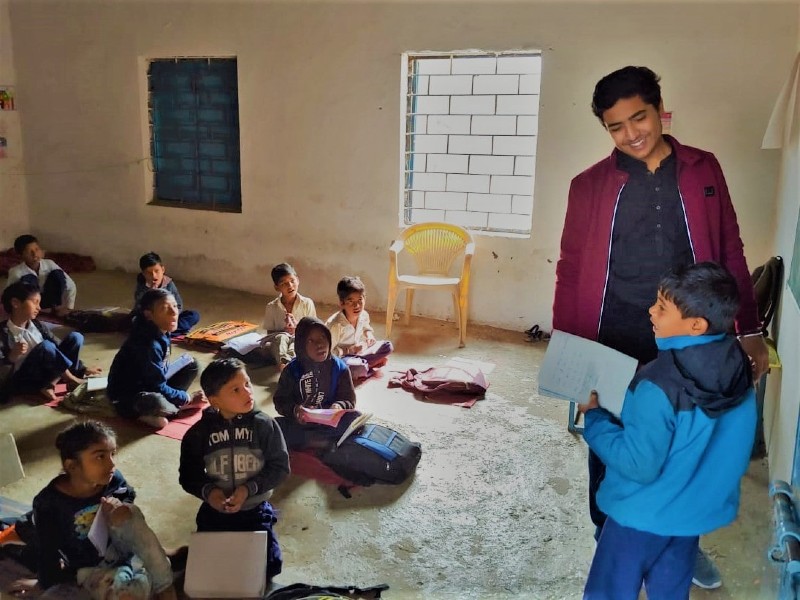
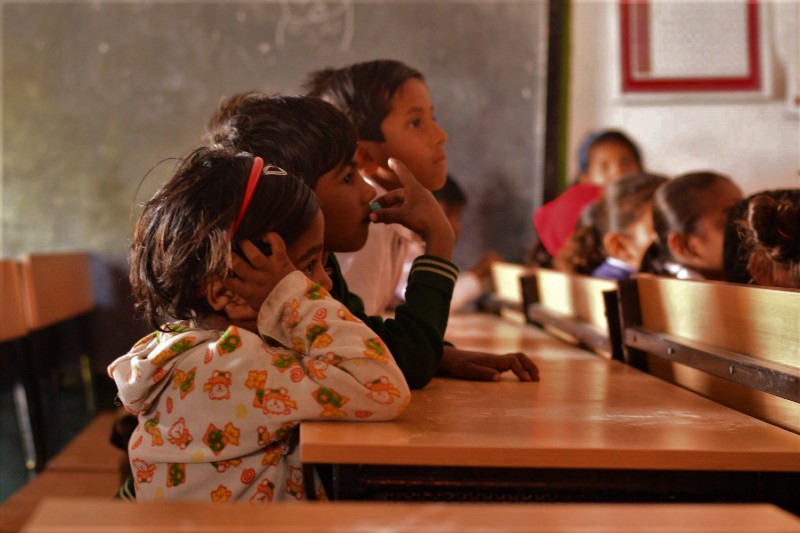
The team designs the learning curriculum for the students and creates carefully chiselled content, which ensures to capture many aspects leading to the wholesome development of the children.
The team undertakes two major domains, namely Regular Operations and NMMS Operations. Regular Operations include weekly visits to the schools where the volunteers cover school level Mathematics and basic English. The team is responsible for making booklets for the volunteers as a guide and tracking the syllabus covered in each class.


National Means-cum-Merit Scholarship is a scholarship exam of the Central government for class 8 students. This scheme targets to award the students of the economically weaker section with scholarships so as to encourage them to pursue higher studies. We prepare the students for the exam and earn scholarships.
After conducting a screening test, we pick a fraction of students who are capable of clearing the test but lack the coaching. With a team of focused and dedicated volunteers, we train these students for the examination. Subjects like Mental Ability and Maths are taught to them, while take-home sheets for Science and Social Studies are given to them. There is one session per week other than the Regular sessions. They are given worksheets for each session and are made to solve them.
National Means-cum-Merit Scholarship is a scholarship exam of the Central government for class 8 students. This scheme targets to award the students of the economically weaker section with scholarships to encourage them to pursue higher studies. We prepare the students for the exam and earn scholarships.
After conducting a screening test, we pick a fraction of students who are capable of clearing the test but lack the coaching. With a team of focused and dedicated volunteers, we train these students for the examination. Subjects like Mental Ability and Maths are taught to them, while take-home sheets for Science and Social Studies are given to them. There is one session per week other than the regular meetings. They are given worksheets for each course to solve them.
In the concluding sessions, mock tests are organised to prepare them well and to invoke confidence in them. Last year, i-Help enabled a scholarship of 1.92 lacs for four students, a total of more than 3.5 lacs of scholarship in our three years of NMMS operations. This year, we expect many more such kids to excel and earn a scholarship, which allows them to continue their education.


As a team, we believe in the concept of learning by connecting the dots. We encourage the volunteers to relate every topic and subtopic with each other to create a picture in the minds of the children. We enable them to visualise all the concepts taught to them, and finally put them to practical use.
After the completion of a subtopic, the class is divided into two groups, one who grasped it and the other who couldn’t. Therefore, before initiating a new topic in class, the volunteers test the learning of the students. This helps us in bridging the gap between the two groups to bring the class to the same page. Currently, we teach English and Mathematics in regular visits to the children and try to implement these approaches in every session.
By putting in immense hard work and efforts, our volunteer family has created excellent teaching booklets for the volunteers. These booklets provide complete guidance to them on not only how to teach a topic, but also how to make it enjoyable for the kids. They contain numerous real-life references with which the children could relate and understand the concepts rather than merely cramming them up. After each topic, these modules provide the volunteers with a variety of questions to test the concept-clarity of the children. They are also loaded with tools such as Hindi translation of technical terms, small notes for the volunteers, and question banks for each chapter, which makes them even more helpful for the volunteers to teach and the children to register the concepts.


Last year, the team wanted to make the sessions more interesting for the children and wanted to catch their attention. After a lot of thought, we landed on the idea of creating audio aided video modules that covered various topics of English and Mathematics. With the help of our volunteers, the team created 6 hours of video content, which provided volunteers with visual aid while presenting concepts in front of the children. Watching them learning with so much interest and curiosity, we felt that our efforts paid off in the end.
Constantly improving is the normal for us
A child who reads will be an adult aware of the surroundings, exposed to ideas, and someone who thinks. When we teach someone how to read, we open up opportunities for a lifetime. With this thought in our minds, this year, we introduce new methods of teaching English under the 'Every Child Reads' programme.
Beginning with syllables and letters, the students will be taught how to spell different words along with word meanings. The Phonics method, the Whole-word approach, and the Language Experience method combined will be used to make students learn in steps. From syllables and letters to words and then to sentences, our objective is to make every child read.


The team analyses the issues and problems faced by the volunteers in the classroom regularly and comes up with a solution for them. This year, the team realised if the volunteers are facing challenges, the children too might have some issues which they want us to know. Thus, in collaboration with the i-Help Projects team, we are currently working on the development of a student feedback mechanism by which the students can evaluate our teaching methods and volunteers so that we are aware of their problems. This will significantly help us in upgrading our teaching pedagogies per their learning methods.
All Rights Reserved. © i-Help
Made with ❤️ by team i-Help